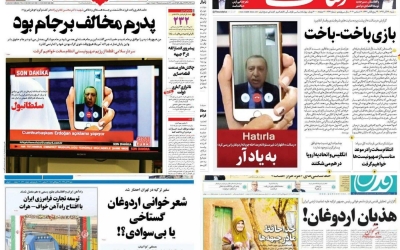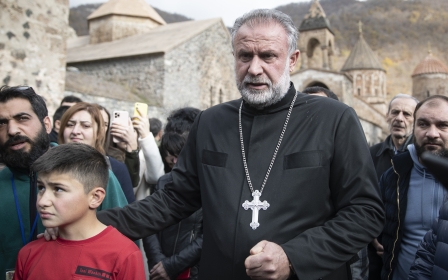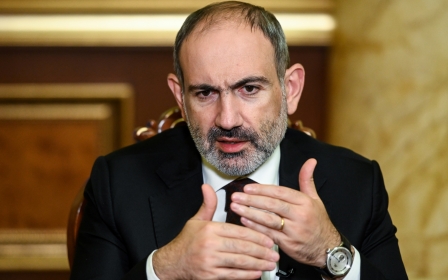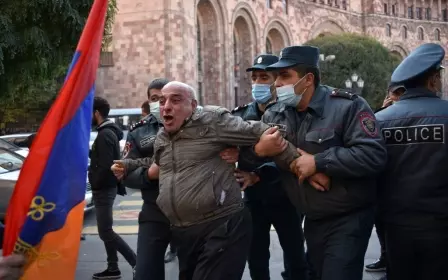Turkish-Russian centre monitoring Nagorno-Karabakh ceasefire due to open
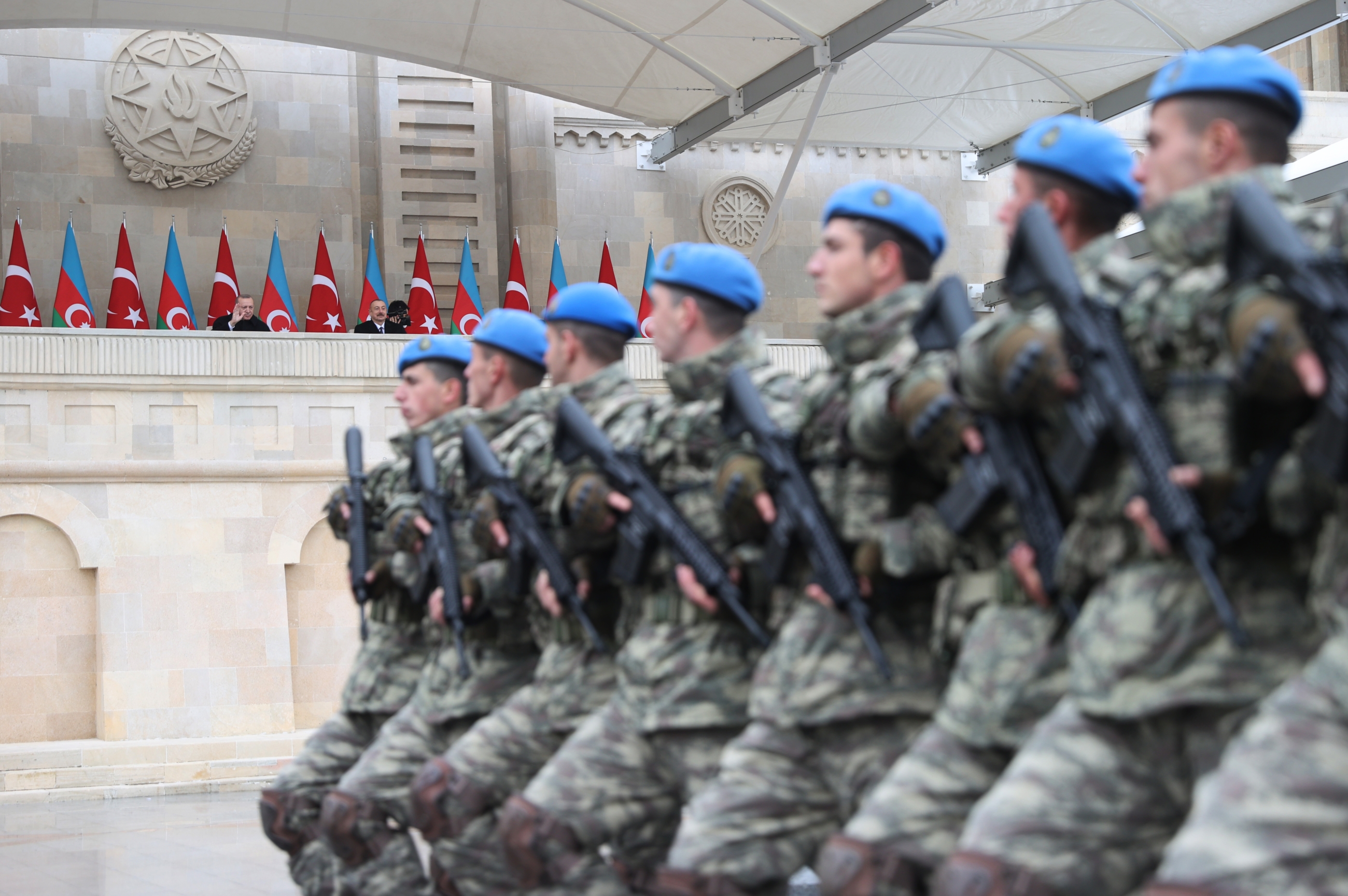
A joint Turkish-Russian centre established to observe the ceasefire in the contested Nagorno-Karabakh region is set to begin operating on Saturday, Turkey's defence minister said on Friday.
In a statement, Hulusi Akar said one Turkish general and 38 personnel will work at the centre to support efforts to ensure that the ceasefire lasts in the wake of six weeks of fighting between Azerbaijan and the majority Armenian breakaway enclave.
New MEE newsletter: Jerusalem Dispatch
Sign up to get the latest insights and analysis on Israel-Palestine, alongside Turkey Unpacked and other MEE newsletters
Turkey and Russia agreed to set up the joint centre to monitor the ceasefire reached between Azerbaijan and Armenia in November.
Nagorno-Karabakh is internationally recognised as part of Azerbaijan but mainly populated by ethnic Armenians.
Nagorno-Karabakh proclaimed its independence from Baku following a war in the 1990s but its autonomy has not been recognised internationally, not even by Armenia.
Fighting broke out on 27 September and continued until a Russian-brokered ceasefire was signed on 9 November. Russian peacekeepers were also deployed to the region under the deal.
The peace agreement saw Armenia cede swathes of territory it had controlled for decades to its longstanding rival, provoking outrage among Armenian citizens.
Turkish military support for Azerbaijan was a major factor swinging the conflict in the country's favour.
Amnesty International has said that at least 146 civilians died in the conflict, which claimed the lives of more than 6,000 troops on both sides.
Middle East Eye delivers independent and unrivalled coverage and analysis of the Middle East, North Africa and beyond. To learn more about republishing this content and the associated fees, please fill out this form. More about MEE can be found here.


